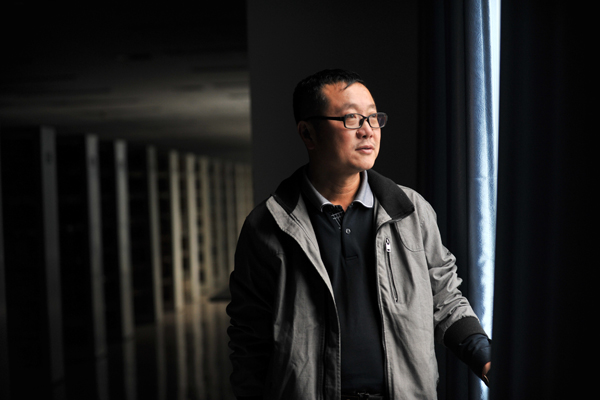The force behind an ascending star
By David Blair | China Daily | Updated: 2017-12-23 09:42

Science fiction was once seen as a tool for spreading scientific knowledge and innovation, he says.
"It was popular literature in China, but it has become more and more serious, touching very sensitive societal issues. In fact it has become a completely new genre."
Similarly, Wu Yan sees science fiction as a way of exploring philosophy.
"After Arthur C. Clarke's 2001: A Space Odyssey, Rendezvous with Rama, and The Fountains of Paradise were translated we were amazed to find they were not just about science. We had thought that this was what science fiction talked about, but then we realized it was not just about science but philosophy and religion as well. All of this came as a shock. My generation born in the 1960s greatly respected Clarke."
Two young women writers especially focus on how ordinary people's lives are changing in China.
"Many science fiction works focus on interplanetary relations and the science of the distant future, but here works look at ordinary people's lives," Xia says.
"What I'm trying to do is to imagine the near future of ordinary Chinese people's lives, which is also a way to reflect how we feel about the current time. So you can see that some of my stories happen in a Chinese core family with the parents, child and old people. The technological revolution changes their relationships. I want to explore the positive side of this change rather than just the dark side. For example, I try to explore how ordinary people can use these technologies to rebuild their relationships, to keep their traditional feelings and values during this process."
























